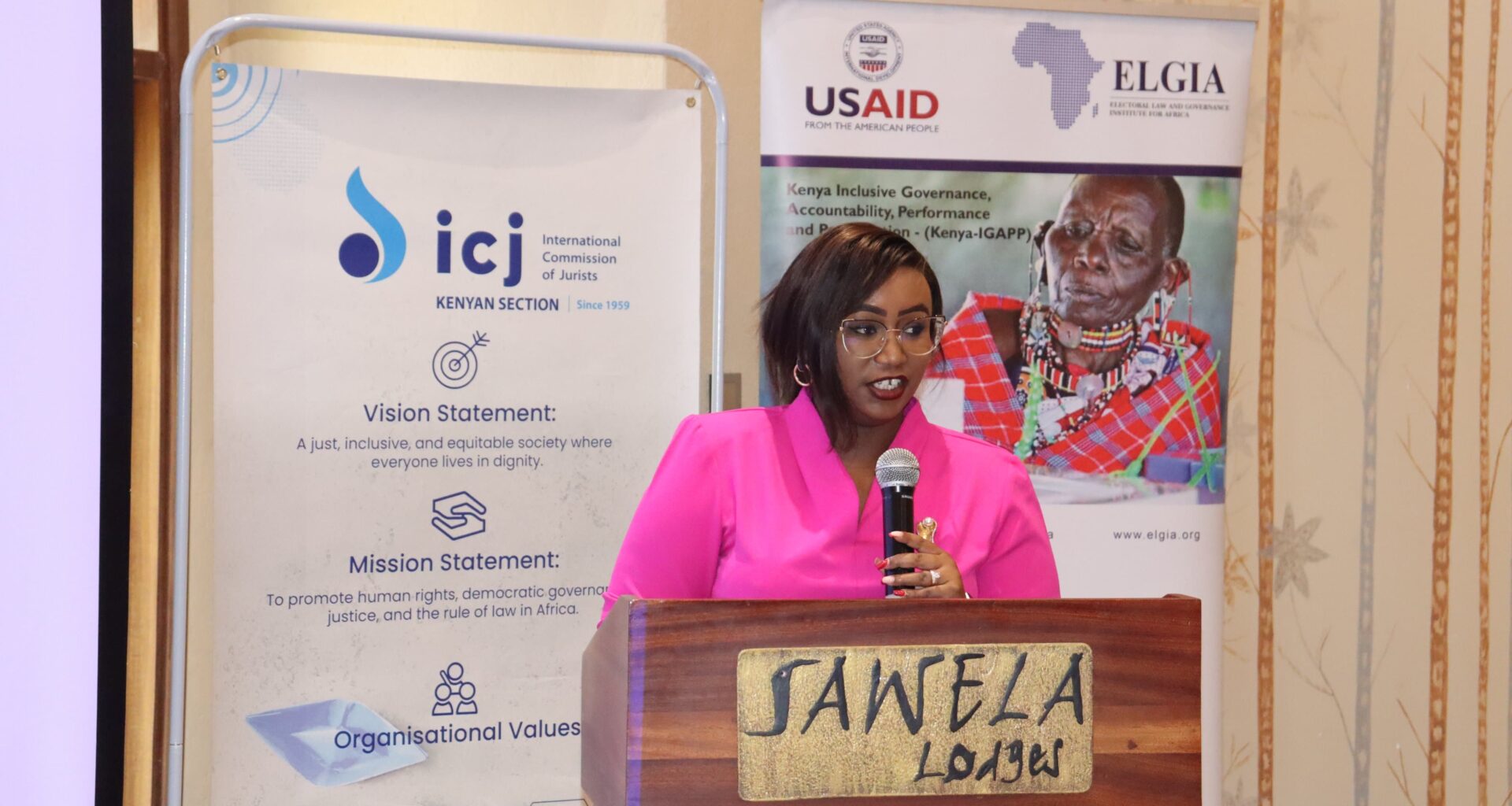
Programme manager Julie Matheka told the Star in an interview that most victims of petty offences, laws and the death penalty are poor people seeking to eke a living but get caught in the crosshairs.
In its campaign to decriminalise petty offences, ICJ has expanded the initiative globally, focusing on laws that seek to punish poverty and social status.
Matheka said the anti-petty offences campaign that took root in Africa has now grown into a global movement to decriminalise poverty and social status, with over 40 countries on board.
“ICJ Kenya coordinates efforts in Anglophone African campaign partners and is charged with situating the gains in Africa at the global stage and fostering South-to-South learning for newer members in the campaign,” she said.
The official said key population groups continue to face heightened aggression and prejudice in the enforcement of petty offences, largely due to deep-rooted societal bias and stigma.
She gave the example of sex workers who, while trying to earn a living, are often arrested and arraigned “while putting on their attire of trade—a fact that exposes them to unjust critique by members of the community, makes them easily prejudged even before the independent arbiters who are supposed to afford them justice, and further deprives them of dignity.”
Matheka said the campaign against petty offences goes beyond striking out outdated laws—it's about ending the criminalisation of poverty and marginalised identities.
She said petty offences laws unfairly target sex workers, hawkers, and people who inject drugs due to addiction.
“These people are just trying to earn a living. Before applying laws to punish people, we must consider their economic reality. These are people trying to put food on the table. The emphasis should be on harm reduction as opposed to criminalisation,” she said.
Matheka is encouraged that the country is slowly starting to view people who inject drugs as victims of addiction—people in need of medical help, not punishment.
“Sometimes those who inject drugs avoid seeking help because they fear being treated as criminals instead of patients. The level of hostility and prejudice is concerning within the criminal justice sector ,” she said.
“I’m happy that 14 methadone clinics have been set up across the country, and a 15th is on the way. This shows growing recognition that these people need support, not stigma.”
Petty offence law enforcement primarily affects groups like sex workers, street vendors, hawkers, public service vehicle touts, street families, drug users, and even human rights defenders.
ICJ Kenya says decriminalisation is necessary due to recurring injustices such as surveillance, harassment, threats, intimidation, and even abuse while in custody.
The overpopulation of prisons and police cells with petty offenders, who are widely considered non-threatening individuals to public safety, is a problem.
An audit of the criminal justice system published by the National Council for the Administration of Justice in 2018 found that 70 per cent of cases processed were petty offence violations.
As part of its advocacy, ICJ Kenya has been consistent in its media campaigns and lobbying efforts, engaging stakeholders including justice actors like the NCAJ and lawmakers to push for legal reforms that would erase petty offences from the statute books.
In October 2023, the NCAJ, through Chief Justice Martha Koome, submitted the Penal Code (Amendment) Bill 2023 and the Criminal Procedure Code (Amendment) Bill 2023 to the National Assembly.
The bills propose to decriminalise petty offences such as being idle and disorderly, and hawking by shouting—currently classified as “nuisance trade” under existing law.

















